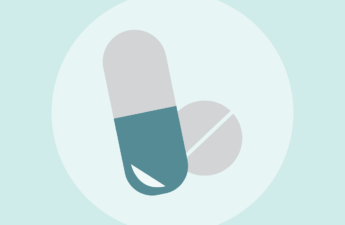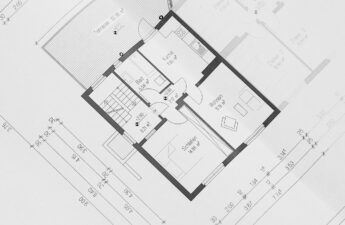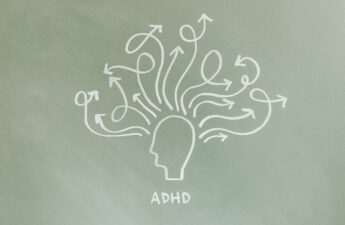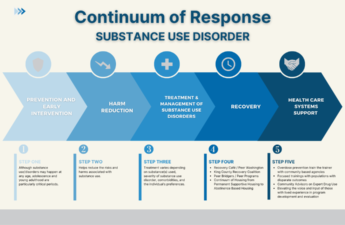Category: Mental Health
Early indicators of dementia: 5 behaviour changes to look for after age 50
Five signs to look for: Apathy, affective dysregulation, lack of impulse control, social inappropriateness, and abnormal perceptions or thought.
Monitoring brainwaves to track how patients with depression respond the treatment
Depression recovery can be hard to measure − new research on deep brain stimulation shows how objective biomarkers could help make treatment more precise Christopher Rozell, Georgia Institute of Technology and Sankaraleengam Alagapan, Georgia Institute of Technology It can be challenging…
Commonly prescribed antidepressants and how they work
Antidepressants are among the most searched-for medications online. But there is a lot of information out there to sift through. The National Library of Medicine has pulled together some useful information about common types of these medications.
How Washington state is treating housing as health care
pple Health and Homes is a multi-agency state program launched last year that focuses on providing housing to people with health and behavioral health challenges. What’s unique is that the program taps Medicaid dollars to pay for housing subsidies, tenant services and more.
More adults than ever have been seeking ADHD medications – an ADHD expert explains what could be driving the trend
The average person has a couple of symptoms of ADHD, so it can be hard to draw the line between ADHD-like tendencies – such as a tendency to lose keys, having a messy desk or often finding your mind wandering during a dull task – and a diagnosable medical disorder.
Do psychedelics really work to treat depression and PTSD? Here’s what the evidence says
Early results from studies around the world have found psychedelic therapy might be effective for treating a range of psychological issues. However, as psychedelic research has grown, limitations of the research have been identified by researchers both within and outside the psychedelic field. One issue is that we aren’t sure whether findings might be due to a placebo effect, which occurs when a treatment works because people expect it to work.
Local resources for those with drug use disorders
Treatment: What’s available and how to access it
Body dysmorphic disorder: what to know about this mental health condition
Actress Megan Fox recently revealed she had body dysmorphic disorder. Many people are dissatisfied with some aspect of their appearance, but people with body dysmorphic disorder are consumed for several hours a day by intrusive thoughts and feelings about their perceived flaws.
Risk of rehospitalization in younger women after heart attack nearly double that of men
Higher rates of risk factors such as obesity, heart failure, and depression among women most likely contributed to the disparity.
Why Finland is the happiest country in the world – an expert explains
Finland comes out top, followed by Denmark and Iceland. Just why Finns are happier than others comes down to a number of factors including lower income inequality (most importantly, the difference between the highest paid and the lowest paid), high social support, freedom to make decisions, and low levels of corruption.
Eating disorders are deadly: What are they, who’s at risk, and what can be done about it
Adolescence is also when eating disorders have the greatest negative effects on health. Five per cent of the general population in North America will suffer from an eating disorder in their lifetime, but few people seek treatment. The prevalence of eating disorders and struggles to access help highlight the need to increase awareness and decrease stigma.
AI chatbots are still far from replacing human therapists
Automated chatbots can be beneficial to people who may need immediate help, but they are not meant to replace traditional therapy.
AI chatbots are still far from replacing human therapists
Automated chatbots can be beneficial to people who may need immediate help, but they are not meant to replace traditional therapy
Exercise is even more effective than counselling or medication for depression. But how much do you need?
We found the higher the intensity of exercise, the more beneficial it is. For example, walking at a brisk pace, instead of walking at usual pace. And exercising for six to 12 weeks has the greatest benefits, rather than shorter periods. Longer-term exercise is important for maintaining mental health improvements. When comparing the size of the benefits of exercise to other common treatments for mental health conditions from previous systematic reviews, our findings suggest exercise is around 1.5 times more effective than either medication or cognitive behaviour therapy.
80% of pregnancy-related deaths in Washington state were preventable, study
Behavioral health conditions, including suicide and overdose, remain the leading causes of pregnancy-related deaths. Other common causes were hemorrhage and infection.














